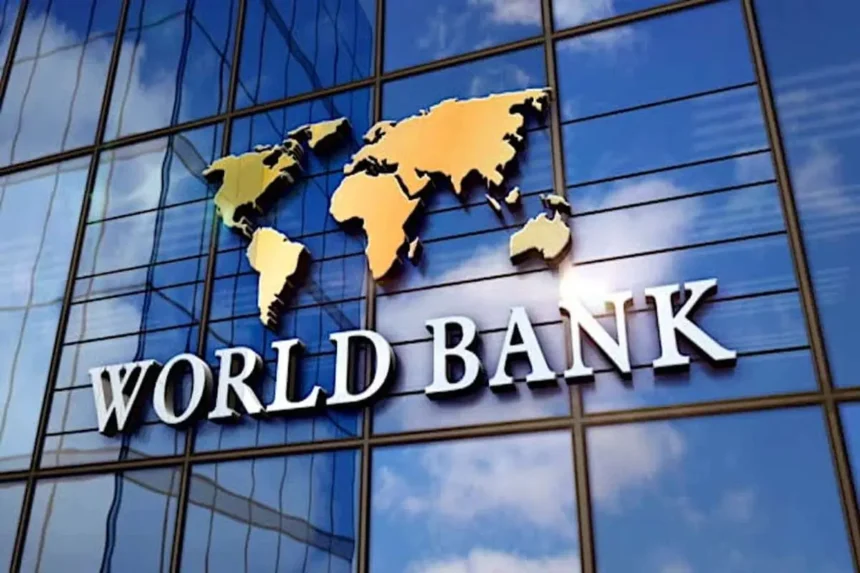RASC News Agency: The World Bank has revealed that Afghanistan is confronting a “severe” food security crisis, with millions facing significant challenges in accessing adequate nutrition. The report underscores that addressing this crisis demands investment in long-term strategies, extending beyond immediate emergency aid. Published on Monday, December 23, the report highlights that 11.6 million people equivalent to 25% of Afghanistan’s population are suffering from acute food insecurity.
The World Bank attributes this escalating crisis to prolonged droughts and climate shocks that have severely weakened the nation’s resilience. Afghanistan ranks fourth among the countries most vulnerable to climate-related crises and is identified as the seventh least equipped to cope with such challenges. The report emphasizes the urgent need for global intervention, noting that intensified droughts and recurrent flooding have devastated agricultural yields, disrupted supply chains, and led to soaring food prices. These environmental shocks, compounded by economic instability and ongoing conflict, have exacerbated the dire food crisis.
Over the past year, Afghanistan has experienced severe flooding, particularly in northern provinces like Baghlan, causing widespread destruction of farmlands and the loss of livestock, further crippling food production. The World Bank stresses that tackling food insecurity in Afghanistan requires a dual approach: addressing immediate humanitarian needs while simultaneously building long-term resilience. The report states: “While emergency aid is essential for meeting urgent needs, sustainable and resilience-driven solutions are crucial to ensuring enduring food security.”
This critical appeal comes at a time when Afghanistan faces compounding crises, with millions reliant on global support for survival.






